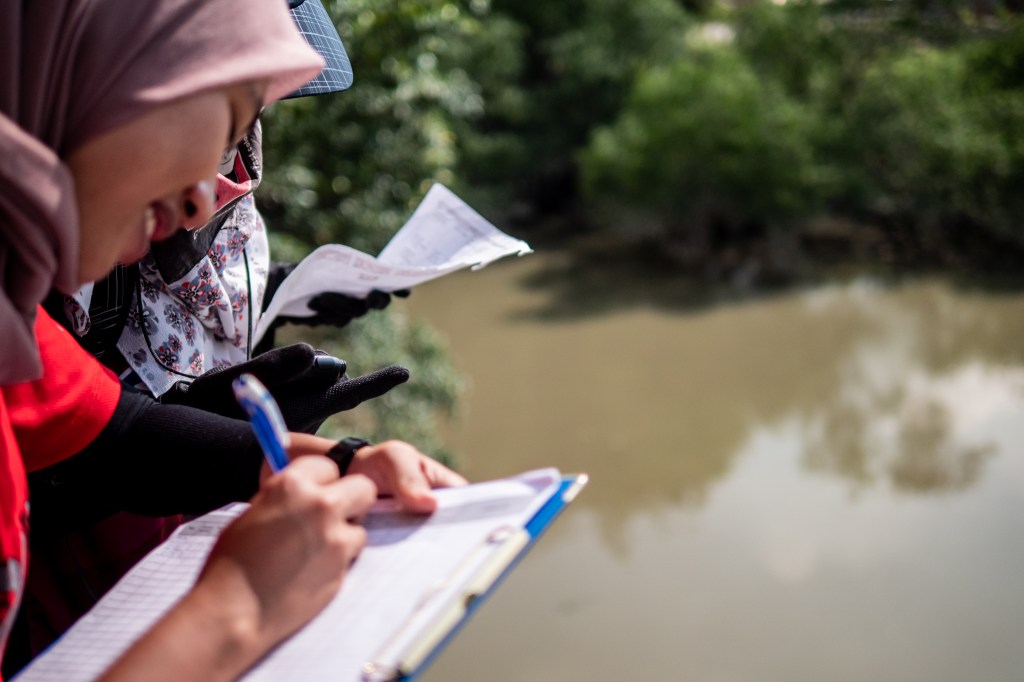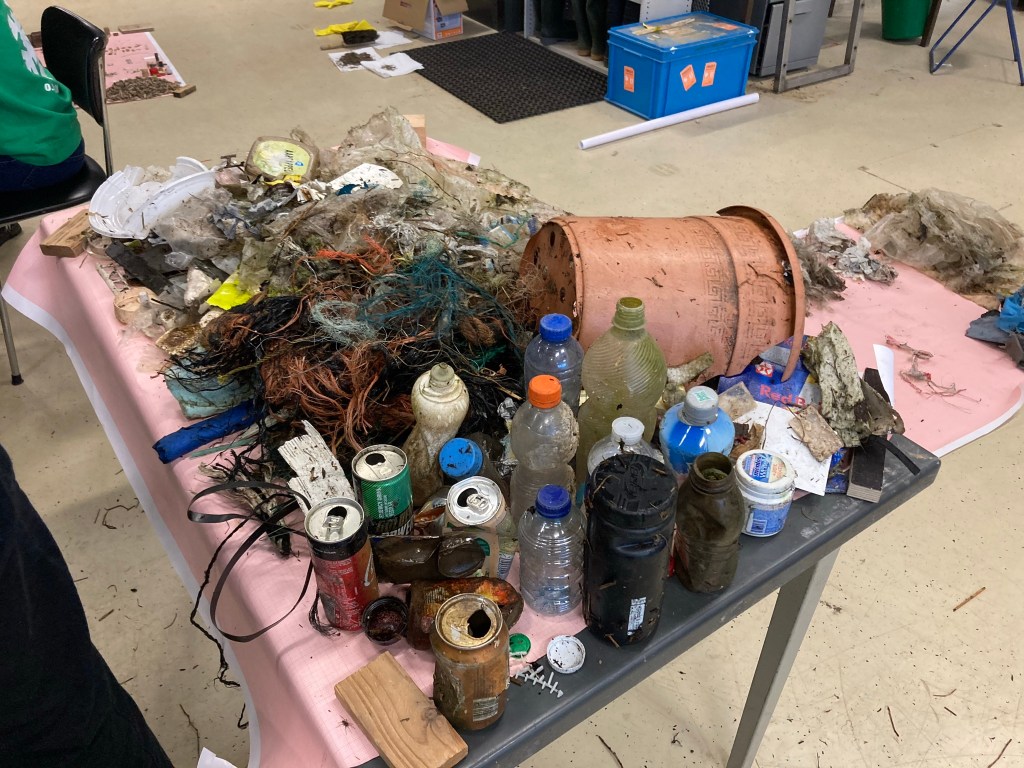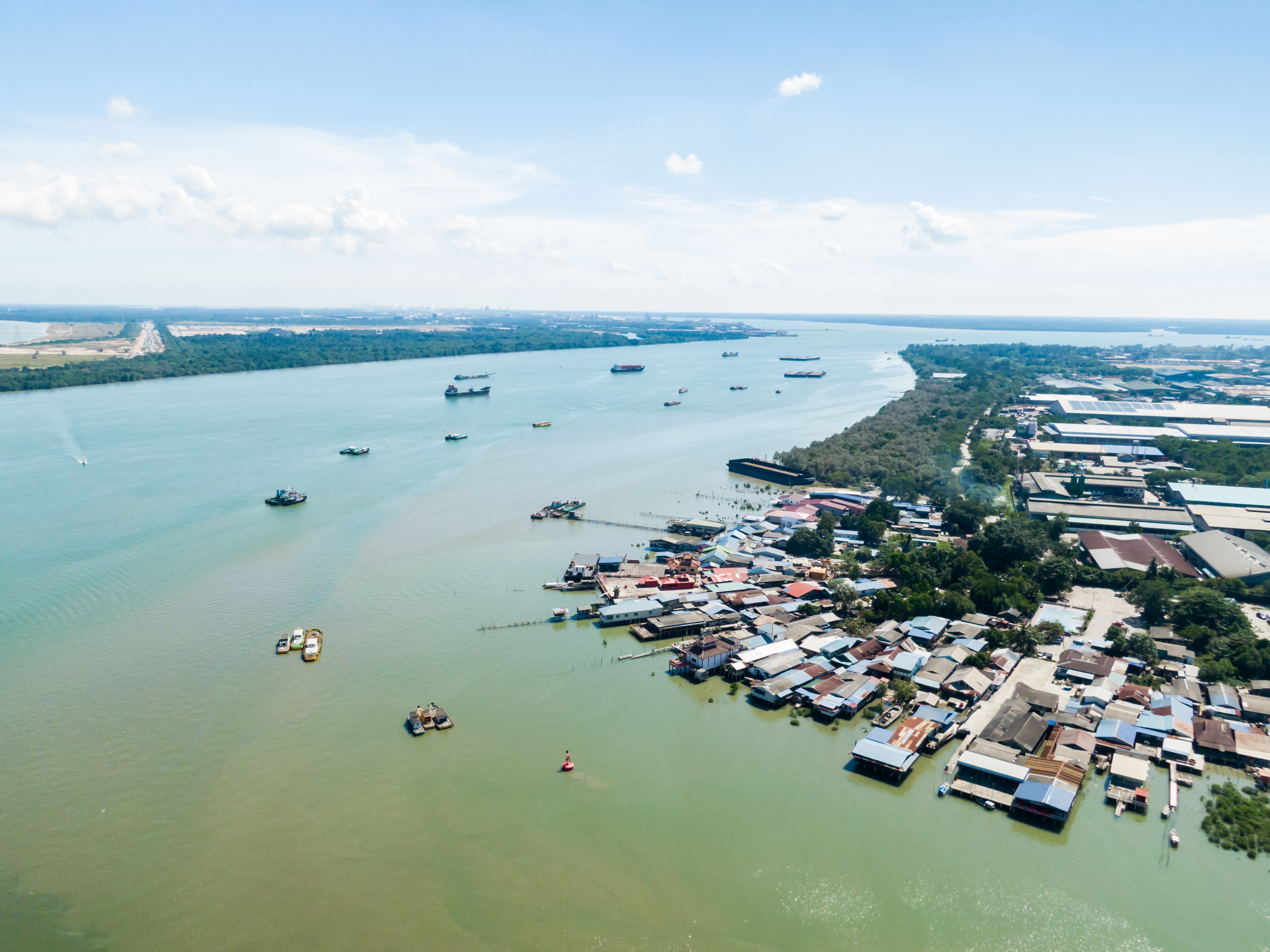
The River Plastic Monitoring Project
Providing reliable data on sources, sinks and transport pathways of plastic pollution river systems.
Dr. Tim van Emmerik | Assistant Professor Hydrologic Sensing | Wageningen University | The Netherlands
What We Do

Development of river plastic measurement techniques.

Data collection in urban and natural rivers across the globe.

Providing information on plastic sources, sinks and pathways.

The Plastic Monitoring Team in Numbers
17
scientific publications
5
focus rivers
8
focus cities
10
team members

Some examples
We continuously develop and improve our measurement techniques to quantify plastic pollution in rivers. For more information click on the links below.
- Drones | Floating and riverbank plastic
- Bridge observations | Floating plastic
- Visual counting | Riverbank plastic
- Satellite remote sensing | Floating plastic
- Physical sampling | Floating and underwater plastic
- Sonar | Underwater plastic
- Cameras | Floating plastic
- Global modeling | All plastic
- Citizen science app | Floating and riverbank plastic
Rhine, the Netherlands
Plastic emission: 2 tonnes/year
Saigon, Vietnam
Plastic emission: 1,100 tonnes/year
Jakarta, Indonesia
Plastic emission: 2,100 tonnes/year
Current projects
Plastic Plants
Summary Water hyacinths are invasive free-floating aquatic plants abundant in most tropical rivers. They grow rapidly in biomass, and expand in patches of tens of meters in diameter. Hyacinths have been found to entangle macroplastics. This project further investigates the role of hyacinths on riverine plastic transport. Further reading Schreyers et al. (2021), Plastic plants:…
Integrated Monitoring of Plastic in Rivers, Estuaries and Seas (IMPRES)
Summary Development of an integrated monitoring approach to identify and quantify sources, sinks, and transport mechanisms of macroplastic pollution in the Red River, Vietnam. Further reading Coming soon.
Breaking the Urban Plastic-Flood Nexus
Summary The main goal of this project is to observe, understand and reduce the impact of plastic waste on urban flooding. To achieve this, three steps are defined. First, advanced technologies will be used to provide reliable and frequent observations of urban rainfall and plastic waste. Second, new data will be used to develop an…